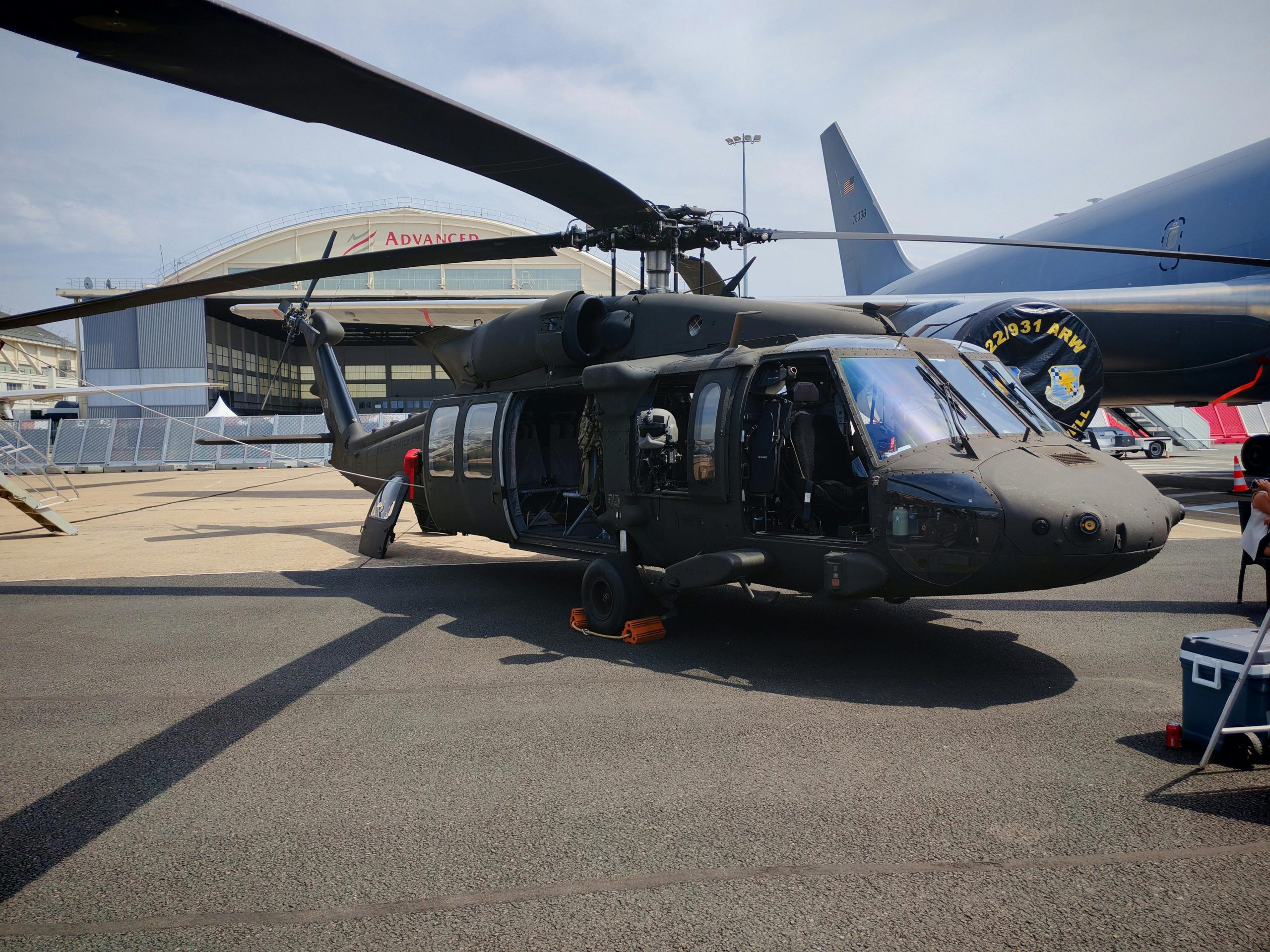US Army Appoints Tech Visionaries as Lt. Colonels: A New Era of Leadership
In an unprecedented move, the United States Army has recently elevated executives from leading tech companies—Palantir, Meta, and OpenAI—to the rank of Lieutenant Colonel. This strategic decision marks a significant shift in military leadership, reflecting the ongoing integration of technology and defense.
A Transformative Appointment
The decision to appoint leaders from the tech sector comes at a pivotal time when the military is increasingly focused on modernization and innovation. These tech executives bring with them a wealth of experience in data analytics, artificial intelligence, and social networking—tools that are becoming essential in contemporary warfare and defense strategies.
Who Are the New Lt. Colonels?
-
Palantir Technologies: Known for its data integration and analysis capabilities, Palantir’s representatives are expected to contribute to enhancing the Army’s data-driven decision-making processes. Their expertise in managing vast data sets and translating them into actionable intelligence will likely play a crucial role in operational planning.
-
Meta Platforms Inc. (formerly Facebook): With its extensive knowledge in social media algorithms and user engagement, the inclusion of Meta executives could facilitate improved communication strategies within military personnel and even towards civilian populations during times of crisis. Understanding the dynamics of information dissemination is invaluable in today’s information warfare landscape.
-
OpenAI: Bringing insights into artificial intelligence, OpenAI’s involvement signifies a forward-thinking approach to enhancing military capabilities through cutting-edge technology. Their expertise in machine learning and natural language processing could provide the Army with advanced tools for strategic execution and operational efficiency.
Implications for the Military
Integrating executives with backgrounds rooted in tech not only brings innovative insights but also introduces a new culture into the military hierarchy. As modern warfare increasingly relies on technology, these appointments signify an acknowledgment by the Army of the importance of adaptive leadership in a rapidly changing landscape.
Moreover, this progressive development may inspire similar transitions in other branches of the armed forces, encouraging a blend of traditional military structure with avant-garde technology strategies. The collaboration between the military and tech sector could pave the way for groundbreaking advancements in training, simulation, and operational readiness.
Embracing the Future
In summation, the Army’s decision to appoint key figures from technology companies into strategic leadership roles is a clear indication that the future of military operations lies in the harmonious fusion of traditional expertise and modern innovation. As these news Lt. Colonels assume their new responsibilities, the



